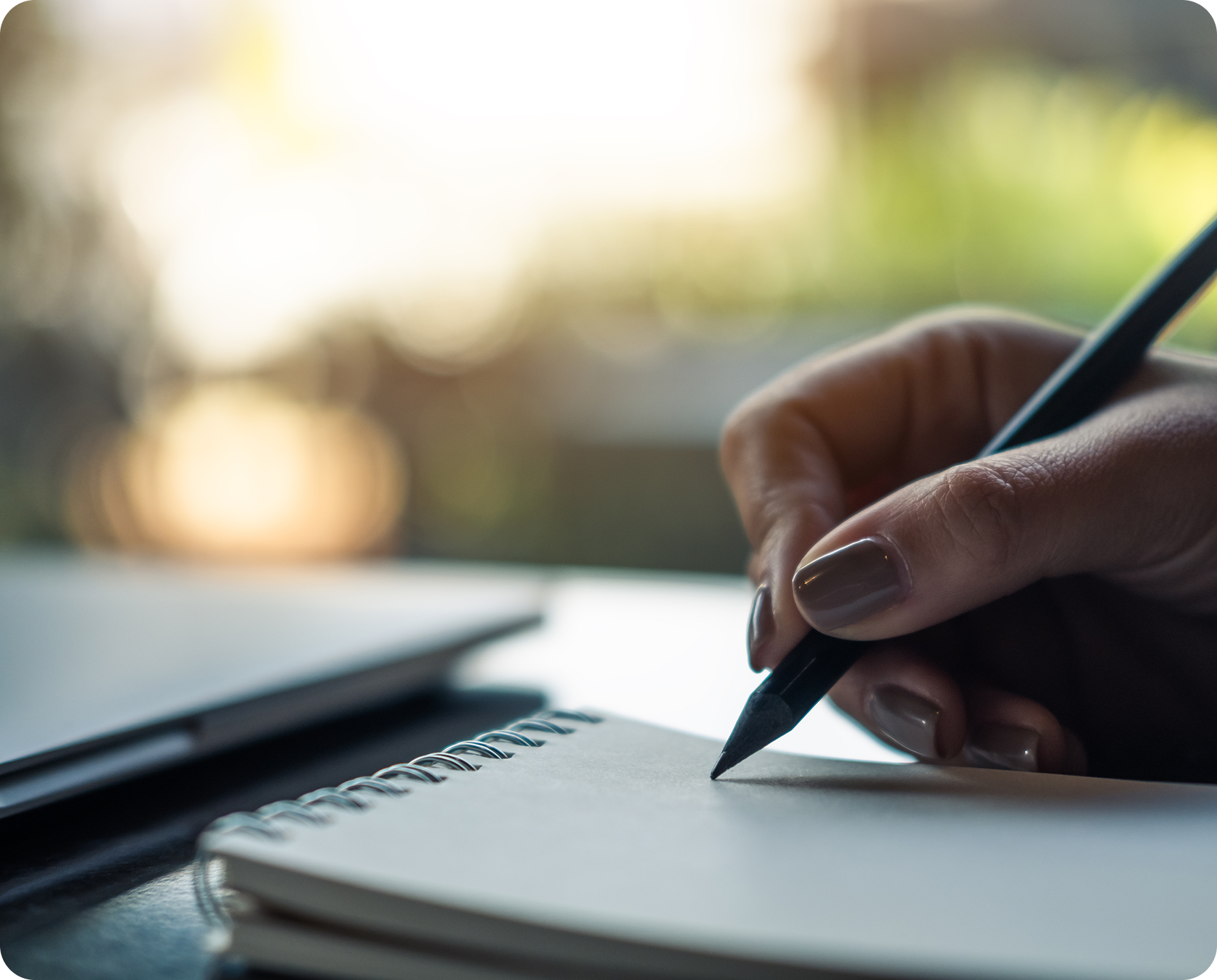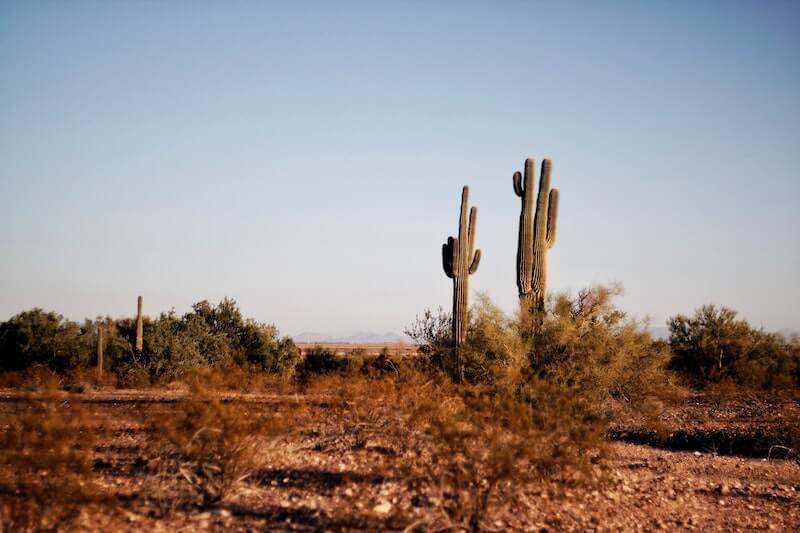After your last will and testament has been signed and witnessed, your next step is to figure out where you’d like to keep it. You’ll want to pick someplace that is both safe (so that it won’t be destroyed or damaged) and readily accessible to your executor (who will need to present the original to the probate court). Below are some suggestions.
Best places to keep your will
A Safe Place In Your Home: If you have a fireproof and waterproof metal box or home safe, this may be a good option. Before you choose this location, make sure that you let your executor know where your will is and that he or she will have access to your home after you’ve died. Furthermore, if the box or safe you use has a lock or combination, be sure to tell your executor how to open it.
With Your Executor: Because your executor is the one who ultimately needs your will, it may make sense to give him or her the original copy, provided the executor has a safe place to store it. If you choose this option, be certain your executor is someone you trust, because you may want to get your will back someday if you want to change it. Also note that your executor will probably be able to read your will once it’s in his or her possession. If you’d like to keep your will private until you pass, you may deliver it to your executor in a sealed envelope with the instructions not to open it until you die.
Other common places to keep your will
A Less Safe Place in Your Home: Keeping your will at home has the benefit of ensuring you will be able to access it easily and that its contents will likely remain private until you’ve passed on. However, if you keep your will at home, but don’t have somewhere fireproof and waterproof, there’s a chance it could be damaged by floods or fires, or even stolen. If you decide to keep your will in your home anyway, ensure your executor knows where to look and that he or she will have access.
In a Safe Deposit Box: Safe deposit boxes can be found at many banks. They are secure, but your executor may have difficulty accessing yours after you’ve passed. If the box is in your name alone, then it can likely be opened only by a person authorized by a court — and then, only in the presence of a bank employee. If you choose to use this option, you’ll need to confirm with the bank that your executor will have access to the box. Then tell your executor where your will is, give him or her a key, and provide instructions on how to access the box.
With Your Attorney: Most estate planning and personal attorneys will be able to store your will for you in a secure location in his or her office. If you ask your attorney to keep your will, then be sure to tell your executor that you have done so. Also note that law offices change hands somewhat regularly. If that happens, it may be difficult for your executor to find out where your will is being stored and for the office to locate it.
In Digital Archives: Keeping a digital copy of your will is not a bad idea. However, the court often requires an original signed copy, in which case, a digital copy will not suffice.
What to store with your will
It’s generally best to keep all your estate planning documents and advance directives together, so they’re easy to keep track of. This includes your advance healthcare directive, financial power of attorney, funeral wishes, and living trust, if you have one.
What if no one can find my will?
If no one can find your will, the court will usually treat it as if you did not have one. This is referred to as dying "intestate." State-specific laws will then determine how your assets are distributed and the local probate court will make all the decisions. This usually means following the line of succession and giving all your assets to your closest living relatives. Although your loved ones may be able to use a digital copy of your will or other documents to demonstrate what your final wishes were, there are no guarantees the court will accept this. This is because the judge may assume you intentionally destroyed your physical, original will and wanted it invalidated. With this in mind, the importance of keeping your will someplace safe and accessible cannot be overstated.
Make your free estate plan today

Make your free advance healthcare directive

Make your free durable power of attorney

Make a stock donation today

Make your free revocable living trust










